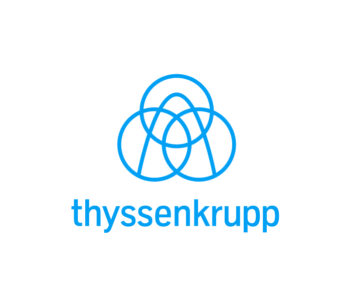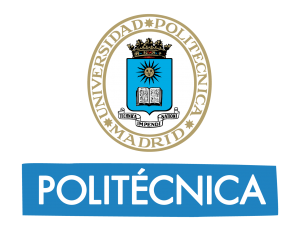|
VDEh-Betriebsforschungsinstitut GmbH (BFI) is a non-profit, limited liability company and one of Europe’s leading private-sector instituts for applied research and develepment in the field pf steel technology. The involved department of“Quality and Information technologies“ is specialised to the development of technological systems and their implementation into steel producing processes. BFI is skilled in all kinda of industrial applied computer-based processing, starting from data management over data analysis and utilisation up to knowledge Manegement. BFI coordinates the project and has implemented the long-term planning and mid-term planning elgorithms, as well as a quality performance model for the industrial demonstator. |
 |
|
Thyssenkrupp Rasselstein GmbH (RAS) is a subsidiary of thyssenkrupp Steel AG and is one of the three largest packaging steel producers in Europe. Rasselstein’s 2,400 employees turn out about 1.5 million tons of packaging steel yearly from their Andernach (Germany) production site, serving over 400 customers in 80 countries – with years of experience and great success. RAS production chain starts from hot strips and ends with the tin plate involving various types of processes such as pickling, cold rolling, degreasing, annealing (batch and continuous), temper rolling, tinning/chromium coating, film laminating, cutting, slitting, lacquering. The production routs can be organised in a very flexible manner in dependence to customer demands. The factory in Andernach is the world’s largest production site for tinplate and provides the stage for the industrial demonstrator of the DynReActPDP project. A dedicated production planning department is crucial for the operational success of the company and aims to integrate the developed software into their daily operations. The RAS experts furthermore provide requirements and feedback to the software developers and researchers in the consortium, and evaluate the project results. |
 |
|
Scuola Superiore di Sudi Universitari e di Perfezionamento Sant’Anna (SSSA) is an autonomous, special statute public university operating in the field of applied sciences with the aims of promoting the development of culture, scientific and technological research, and innovation. SSSA will participate to the project through the centre of ICT for Complex Industrial Systems and Processes (ICT-COISP) of the Institute of Communication Information and Perception Technologies (TeCIP). ICT-COISP is very active in the research field in both process and manufacturing industries and holds an extensive expertise in development and software implementation of mathematical models of industrial processes and application of traditional and advanced (also Artificial Intelligence (AI)-based) techniques to complex industrial processes and machineries simulation, monitoring and control, including analysis and mining of data coming from the same applications. In the project, SSSA applies advanced algorithms to tackle the planning problem, focusing in particular on the coil-order allocation and the mid-term planning. Additional focus areas are software documentation and training, tests and frontend development. |
 |
| Universidad Politécnica de Madrid (UPM) is the largest technological university in Spain and a leading institution in engineering, architecture, and technology. Recognized twice as a Campus of International Excellence, UPM stands out for its internationally competitive research activity. More than 2,400 researchers work at UPM, organized into over 200 Research Groups, 20+ Research Centers or Institutes, and 50+ Laboratories, all dedicated to transforming knowledge into innovative solutions for the productive sector. UPM is deeply committed to transforming scientific knowledge into real-world innovation. The university has a strong track record in European research programs in the last 20 years, as it led Spanish universities in participation in the Seventh Framework Programme (FP7) and continues to be a key player in Horizon 2020 and Horizon Europe, reinforcing its role in driving innovation and technological development at the international level.Programme (FP7) and continues to be a key player in Horizon 2020 and Horizon Europe, reinforcing its role in driving innovation and technological development at the international level.
The research team engaged in this project has strong experience in steel-oriented research, as its responsible is member of one of the RFCS Technical Groups. They have participated in several EU funded projects, specifically including, among others, process optimization and connected AI technologies also in the RFCS frame. From the resources perspective, the team operates a local GP-GPU cluster of Linux based machines equipped with several powerful Nvidia cards. Aligned with the expertise of the research team, in the DynReAct_PDP project, the UPM team is responsible for the short-term planning module, the recommender system, the platform development continuous integration/continuous delivery (CI/CD) pipeline, as well as the software security requirements. |
 |
